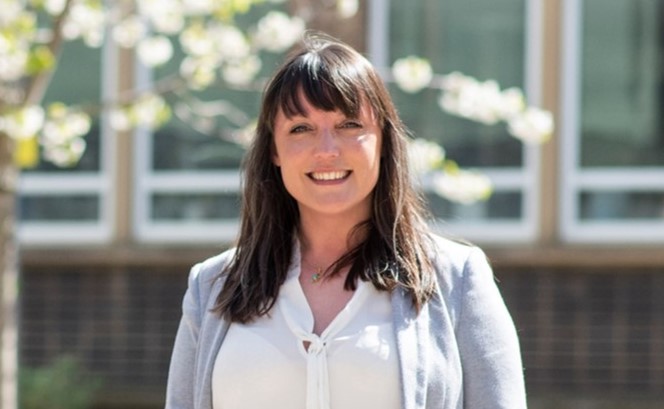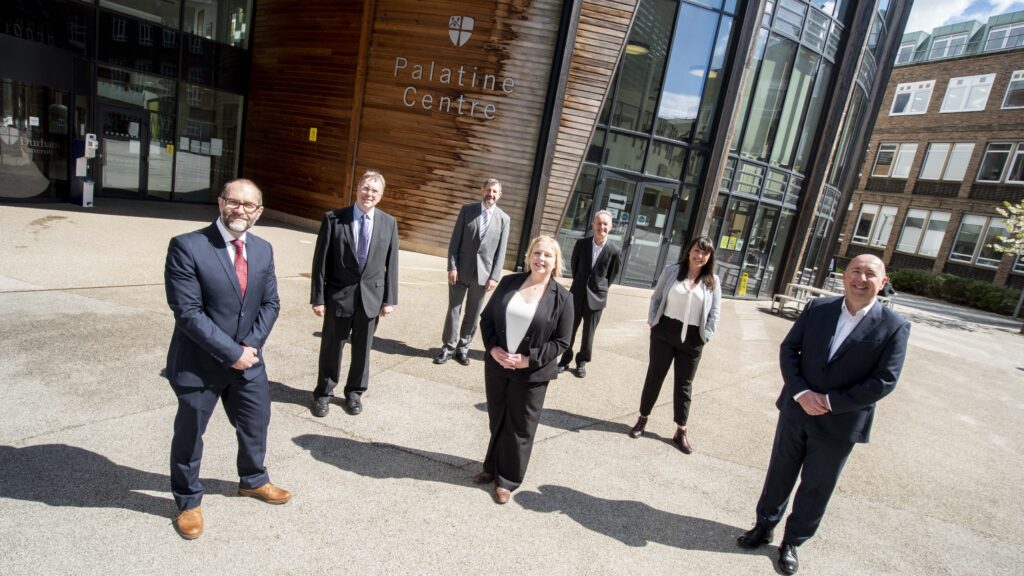Newcastle University spin-out Atelerix, pioneers in the storage and transport of cells at room temperature, has been awarded a grant of £267,000 from Innovate UK, the UK’s innovation agency, with collaborators Rexgenero and the Cell and Gene Therapy Catapult.
The grant will be used to develop gel stabilisation technologies, developed by Atelerix, with the first objective of extending the shelf-life of cell-based therapies from regenerative medicine company, Rexgenero. The project will initially focus on developing a stabilisation technology for REX-001, Rexgenero’s lead development candidate, but is expected to have broad applicability to a wide range of other cell therapies. The project will benefit from additional expertise and experience provided by the Cell and Gene Therapy Catapult.
Atelerix’s patented technology enables the storage and transport of human cells at temperatures between 4°C and 25°C, preserving and extending their functional viability from days to weeks. The technology encapsulates cells in a natural hydrogel for safe shipment and storage. The cells can be recovered when needed by the addition of a gentle, cell-friendly buffer.
REX-001 consists of bone marrow-derived white blood cells extracted from a patient’s own bone marrow. Rexgenero is currently recruiting patients across Europe for trials of REX-001 for the treatment of chronic limb threatening ischemia (CLI ) in diabetic patients.
CLI is a chronic condition and the most serious form of peripheral arterial disease in which a build-up of fatty deposits in the arteries restricts blood supply to leg muscles, leading to chronic ischemic at-rest pain, ulcers, or gangrene in one or both legs. It is a major health and societal issue affecting an estimated 3-5 million people in Europe.
Extending the shelf-life of REX-001 will provide increased flexibility for transportation to and from the hospital and facilitate use for physicians treating patients with CLI.
Dr Mick McLean, CEO of Atelerix, commented, “We’re excited to be part of this collaboration with Rexgenero and the team at the Cell and Gene Therapy Catapult, and we deeply appreciate the support of Innovate UK to bring us together for this important project. The critical logistics of getting viable cell therapies to the patient are often overlooked and extending the shelf life of therapies such as REX-001 at room temperature would open up an entirely new approach for this sector.”
Joe Dupere, CEO of Rexgenero added, “We look forward to initiating this project. Extending the shelf-life of our REX-001 cell therapy is important to ensure that hospitals have the flexibility for less rigid scheduling of operating theatres, making it easier to treat patients and therefore enabling as many patients as possible to be treated with this novel, potentially curative therapy. Room temperature storage and transportation also widens our manufacturing options and should help to drive down cost.”
Keith Thompson, CEO of the Cell and Gene Therapy Catapult also added, “We have a long-standing relationship with Rexgenero and have collaborated with them previously to support the commercial manufacture of the REX-001 product. This collaboration underlines the strength of expertise that exists within the UK to support the cost-effective commercialization of cell therapies including in the important area of supply chain technologies. It is a great example of bringing together the capabilities of CGT Catapult and the expert companies that make up the complete UK cell and gene therapy ecosystem.”



